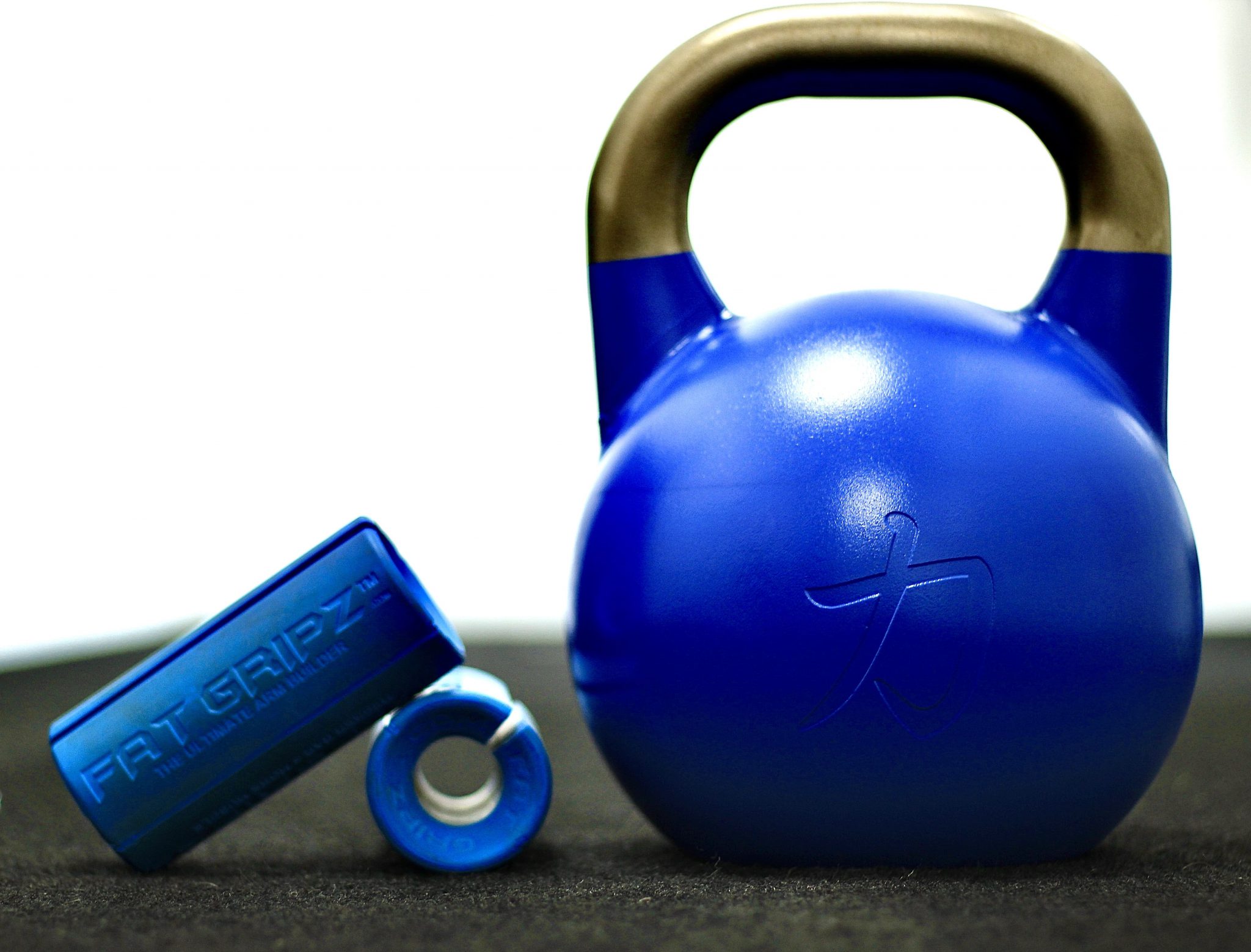I am 35 years old but part of my brain thinks my physical abilities are the same as when I was 25.
I know this because my usual intoxicated break dance routine I have been doing since my teens (mostly at weddings) has been getting harder and harder to recover from.
My brain at the time is saying, “Yes Andrew, do it, I know it’s been 6 months since your last attempt at a diving caterpillar, but you will be fine”. The next morning usually involves an inevitable headache (not because of the dancing) accompanied by a limp that makes me feel like I have been rolling my hip around on razor blades all night.
The truth is, I do what lots of people do every day in their training, Too Much, Too Quickly.
The key factor involved in overuse injuries (injuries not caused by trauma) is too much load (miles or weight in the gym) too quickly. We all know it, but we still do it.
Why?
Why do we go against exactly what we know is wrong?
The desire to have an exercise ‘hit’ outweighs the rationale that doing this exercise too much too quickly will most likely make things worse.
There seems to be an inbuilt stubbornness that drives us to make poor decisions when it comes to exercise frequency and load. It also seems to be present and actually more relevant in a certain age group. I have decided to call it ‘Bullet Proof 40’s Syndrome or BPFS).
Here is a sample interview from someone who suffers from BPFS.
“The kids are older now, I have more time, I have neglected my body for about 10 years, I used to run 30 miles a day when I was fit, where is the treadmill? I’m going to get back to my mid twenties level of fitness in one training session”. (T&C apply, this may be a fake interview in order to make a point).
It's more relevant to this age group because based on a lot of injury research, this age category has been shown to have the highest prevalence of overuse injuries.
Now, some of you reading this may not be anywhere near this age group or are in this age group but are far more sensible and if so, great.
But remember, the brain is a very complex organ and ‘exercise greed’ is a common symptom that can creep up on you very quickly especially when a goal like a marathon has been set. All of a sudden, the sensible part of your brain is being held in a head lock from a very strong and over powering need to just do a bit more aka exercise greed.
I have just made this symptom up because I cannot think of any other single emotion that covers it. It’s a nagging feeling that drives you to desperation. It’s like an itch or an irresistible chocolate bar.
So, how do you recognise the signs of exercise greed? And how can you prevent it?
Well, recurrent injury is always a good indicator, which is often caused by training errors such as, too much, too quickly mixed in with poor preparation.
Let’s look at these two specifically.
1) Too much too quickly can be tricky.
How do you know what is too much? How do you establish a baseline level of fitness before you start to push harder?
2) Poor preparation can also be tricky.
Am I strong enough to run long distances? What exercises can I do to prevent injury occurring? How often should I do these? When will I have time to fit them in?
These are hard questions to answer. Everyone is different. We all have different mind-sets. We all have a certain amount of time to train. We all reached different levels at our sports once upon a time.
If you are suffering from BPFS and need help with answering these questions, ProCare Sports Medicine has the answers. I am so confident with my specialised approach, I guarantee you that I can prepare you for any event or task including drunk breakdancing to which I have specialised skilled training.
Click www.procaresportsmedicine.com to book an appointment today and Come Back Stronger



